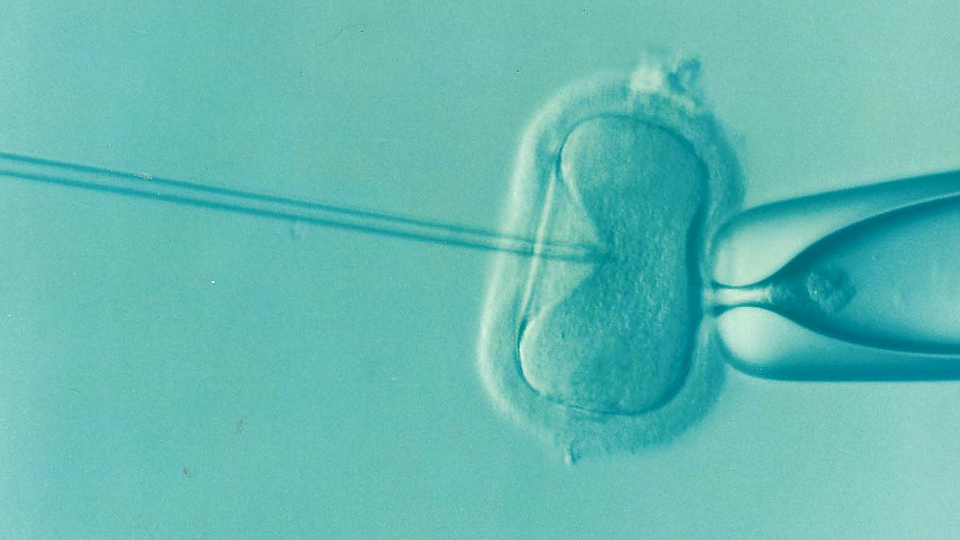Vulnerable would-be parents being sold 'false hope' by overseas IVF clinics, regulator warns
By Alex Matthews-King,
The Independent
| 04. 13. 2018
People hoping to be parents in the UK are being sold “false hope” by foreign IVF clinics claiming success rates as high as 98 per cent based on highly selective data, the national fertility regulator has warned.
These clinics are exhibiting at UK events for couples considering fertility treatment and making claims that no UK IVF provider would be allowed to make, said Sally Cheshire, chair of the Human Fertilisation and Embryology Authority (HFEA).
The regulator said it was powerless to regulate overseas clinics, while fertility experts said some clinics are capitalising on the hopes of vulnerable people and could be dangerous if they led with these inflated claims of success.
HFEA data on UK clinics in 2016 shows that for women under the age of 35 – who have the best odds of getting pregnant through IVF – on average each round of embryo implantation has just a 32.5 per cent chance.
But one Cyprus clinic, part of the international fertility group Bahceci, says on its website: “We have up to 97.82 per cent pregnancy rates thanks to the...
Related Articles
By Diaa Hadid and Shweta Desai, NPR | 01.29.2026
MUMBRA, India — The afternoon sun shines on the woman in a commuter-town café, highlighting her almond-shaped eyes and pale skin, a look often sought after by couples who need an egg to have a baby.
"I have good eggs,"...
By George Janes, BioNews | 01.12.2026
A heart attack patient has become the first person to be treated in a clinical trial of an experimental gene therapy, which aims to strengthen blood vessels after coronary bypass surgery.
Coronary artery bypass surgery is performed to treat...
By Staff, ScienceDaily | 01.05.2026
Scientists at UNSW Sydney have developed a new form of CRISPR technology that could make gene therapy safer while also resolving a decades-long debate about how genes are switched off. The research shows that small chemical markers attached to DNA
...
Following a long-standing CGS tradition, we present a selection of our favorite Biopolitical Times posts of the past year.
In 2025, we published up to four posts every month, written by 12 authors (staff, consultants and allies), some in collaboration and one simply credited to CGS.
These titles are presented in chronological order, except for three In Memoriam notices, which follow. Many more posts that are worth your time can be found in the archive. Scroll down and “VIEW...




